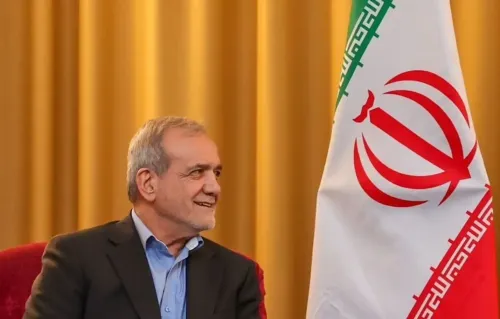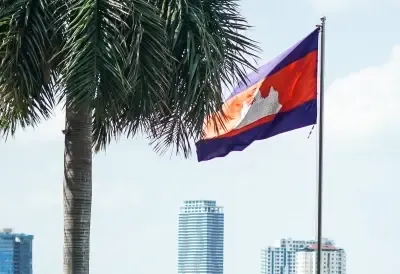Is Khalistani Separatist Pannun Deceiving People to Obtain Fake Asylum Under the Pretense of Activism?

Synopsis
Key Takeaways
- Canadian court dismisses asylum claims of an Indian family linked to Khalistani supporters.
- Gurpatwant Singh Pannun is accused of exploiting individuals for false asylum under activism.
- The Khalistani movement remains controversial with limited support among Sikhs.
- The movement is often seen as a tool for political polarization.
- India continues to warn nations about the Khalistani terrorism threat.
Ottawa, Sep 3 (NationPress) A Canadian court has recently rejected the asylum claims of an Indian national and his family, who argued that they faced persecution for supporting the Khalistani movement after relocating to Canada.
Reports indicate that the applicants sought a judicial review of a prior decision made by the Immigration and Refugee Board (IRB) of Canada’s Refugee Appeal Division (RAD) in 2024, which determined that they did not qualify as Convention refugees nor as individuals in need of protection under sections 96 and 97(1) of the Immigration and Refugee Protection Act.
The latest court ruling upheld the RAD's conclusion as reasonable and dismissed the appeal.
Both the Refugee Protection Division [RPD] and RAD denied the applicants' asylum claim based on their recent identities as supporters of Khalistan. The applicants contended that their affiliations would attract the attention of authorities, making their return to India perilous due to societal backlash and potential police scrutiny.
The RPD deemed the Principal Applicant's claim unconvincing, citing inconsistent evidence. They noted that he lacked knowledge about the type of militancy the police could attribute to him concerning the Khalistan movement. Furthermore, he was unaware of the Khalistan movement's objectives.
Numerous reports indicate that the pro-Khalistani terrorist Gurpatwant Singh Pannun, leader of the banned Sikhs for Justice (SFJ) group, is exploiting individuals to pursue fraudulent asylum overseas while masquerading as Khalistani activists.
As reported by ‘Khalsa Vox’, the demand for Khalistan, which gained traction after 1970, has primarily been propelled by fringe groups both in India and abroad. The overwhelming majority of Sikhs in India do not endorse the call for an independent homeland under the name of Khalistan.
The Khalistani campaign traces its origins to figures such as Jagjit Singh Chauhan and Jarnail Singh Bhindranwale, alongside militant factions from the 1980s and 1990s, Simranjit Singh Mann, and the USA-based banned 'Sikhs for Justice' group, with Amritpal Singh being the latest to promote the agenda.
The 'Khalsa Vox' article asserts that the Khalistan movement is a scheme orchestrated by unscrupulous political entities in India aiming to create divisions within the Indian community along communal lines to gain support and votes during elections.
Nonetheless, Amritpal Singh's initiative ultimately faltered, reminiscent of Chauhan’s “government in exile”.
India has consistently alerted nations such as Canada and the United Kingdom regarding the threat posed by Khalistani terrorism.









